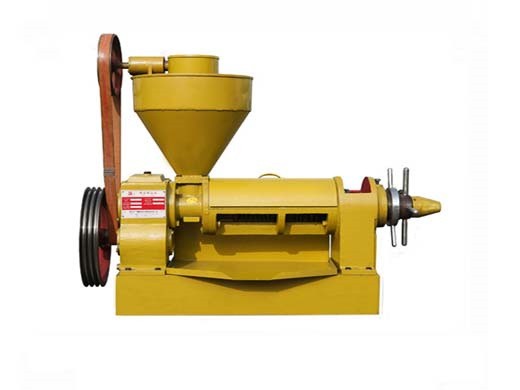Venezuela's Oil-Based Economy - Council on Foreign Relations
The Council on Foreign Relations (CFR) is an independent, nonpartisan member organization, think tank, and publisher. Venezuela's Oil-Based Economy - Council on Foreign Relations
Venezuela’s descent into economic and political chaos in recent years is a cautionary tale of the dangerous influence that resource wealth can have on developing countries.
Venezuela: The Rise and Fall of a Petrostate | Council
The 1980s oil glut. As global oil prices plummeted in the 1980s, Venezuela’s economy contracted and inflation soared; at the same time, it accrued massive foreign debt by purchasing foreign ...
Venezuela’s Oil-Based Economy. Venezuela is trying to develop new markets for its oil at a time of increasing friction with its main customer, the United States. ... ©2024 Council on Foreign ...
To Survive, Venezuela’s Leader Gives Up Decades of Control
Despite the recent changes, there are many reasons to believe Venezuela’s best days as an oil superpower are over, according to Amy Myers Jaffe, an oil expert at the Council on Foreign Relations ...
What Broke Venezuela’s Economy and What Could Fix It By . ... foreign oil companies and Venezuelans moving money back into the country. To achieve economic stability in the longer term ...
How Venezuela Struck It Poor – Foreign Policy
Cheaper oil tipped the economy into recession in 2014 and a full-blown crisis in 2015, with GDP shrinking by almost 6 percent and inflation exploding. ... Venezuela continues to buy foreign oil to ...
For the most up-to-date information on U.S. relations with Venezuela, please visit: U.S. Government Support for the Democratic Aspirations of the Venezuelan People. More information is available on the Venezuela Country Page and from other Department of State publications and other sources listed at the end of this fact sheet.
What Are Economic Sanctions? | Council on Foreign Relations
Economic sanctions are defined as the withdrawal of customary trade and financial relations for foreign- and security-policy purposes. Sanctions may be comprehensive, prohibiting commercial ...
The Council on Foreign Relations (CFR) is an independent, nonpartisan member organization, think tank, and publisher. Venezuela's Oil-Based Economy Council on Foreign Relations
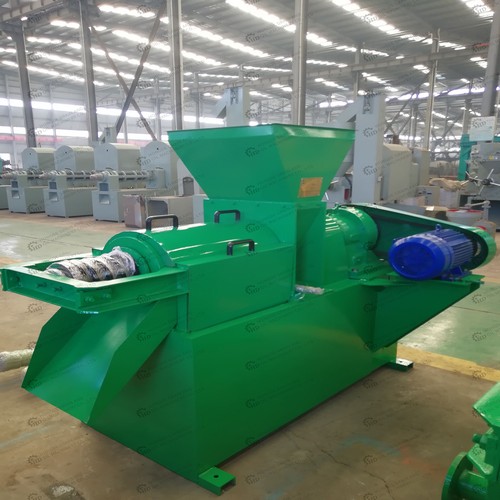
Venezuela: The Rise and Fall of a Petrostate Council
As global oil prices plummeted in the 1980s, Venezuela’s economy contracted and inflation soared; at the same time, it accrued massive foreign debt by purchasing foreign refineries, such as
GET PRICE
Venezuela Council on Foreign Relations
Venezuela’s descent into economic and political chaos in recent years is a cautionary tale of the dangerous influence that resource wealth can have on developing countries.
GET PRICE
Council on Foreign Relations
The Council on Foreign Relations (CFR) is an independent, nonpartisan member organization, think tank, and publisher.
GET PRICE
History of the Venezuelan oil industry
Venezuela is one of the world's largest exporters of oil and has the world's largest proven oil reserves at an estimated 296.5 billion barrels (20% of global reserves) as of 2012. In 2008, crude oil production in Venezuela was the tenth-highest in the world at 2,394,020 barrels per day (380,619 m /d) and the country was also the eighth-largest net oil exporter in the world. Venezuela is a founding member of the Organization of the Petroleum Exporting Countries (OPEC).
GET PRICE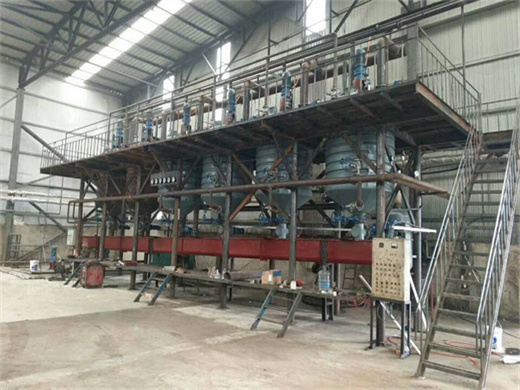
How Venezuela Struck It Poor Foreign Policy
That year, to gain full national control over the oil fields, Caracas banished foreign oil firms and created a new, state-run oil monopoly called Petróleos de Venezuela (PDVSA). The moves marked
GET PRICE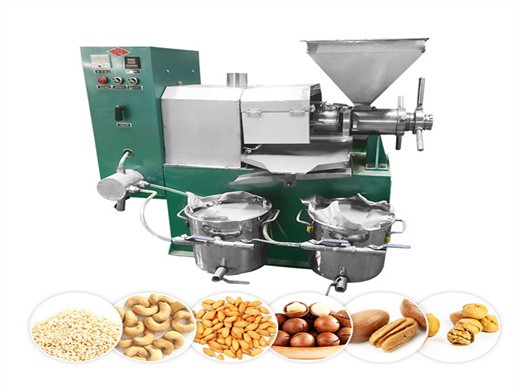
Council on Foreign Relations
In the late 1930s, the Ford Foundation and Rockefeller Foundation began contributing large amounts of money to the Council. In 1938 they created various Committees on Foreign Relations, which later became governed by the American Committees on Foreign Relations in Washington, D.C., throughout the country, funded by a grant from the Carnegie Corporation.
GET PRICE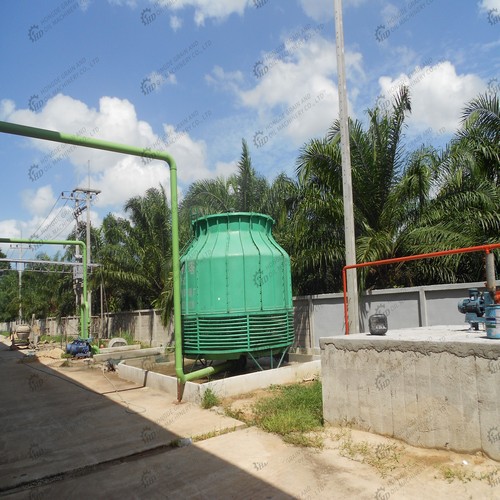
Which economies are most heavily reliant on oil? World
Countries where fuel accounts for more than 90% of total exports include Algeria, Azerbaijan, Brunei Darussalam, Iraq, Kuwait, Libya, Sudan and Venezuela. Image: Bruegel For an idea of which economies rely most heavily on oil, this chart using 2012 World Bank data shows oil revenue as a
GET PRICE
Model diplomacy Council on Foreign Relations: Model
Model Diplomacy offers free National Security Council (NSC) and UN Security Council (UNSC) simulations that present both historical and hypothetical scenarios based on real issues,with content informed by Council on Foreign Relations experts.
GET PRICE
Venezuela's worst economic crisis: What went wrong
Venezuela's worst economic crisis: What went wrong? Country sitting on world's biggest oil reserves is now region's poorest performer in terms of GDP growth per capita.
GET PRICE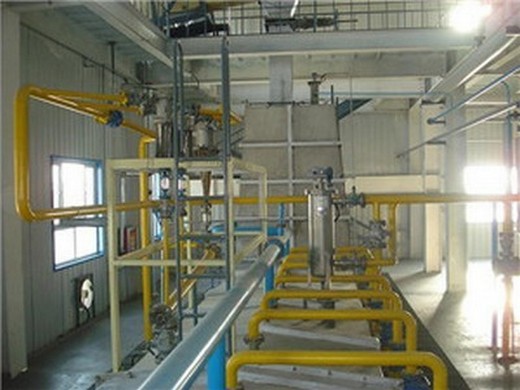
Targets Venezuela With Tough Oil Sanctions During
“We’re going to announce sanctions against Petróleos de Venezuela, S.A., or Pdvsa, as it’s known by its Spanish acronym, the state-owned oil monopoly.
GET PRICE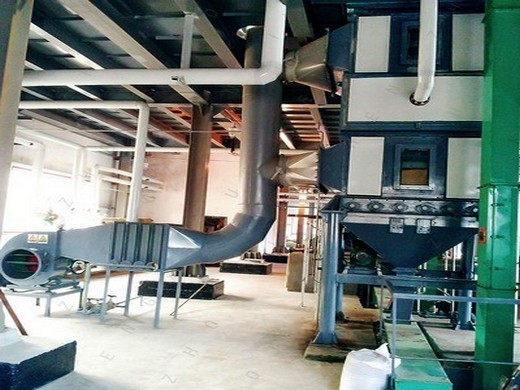
The Pros and Cons of Venezuela's Currency Controls
Venezuela's currency controls including its fixed exchange rate are among the most controversial of Chavez-era policies. Under former president Hugo Chavez, Venezuela's currency was fixed, and exchange controls were imposed. The initial objective of Chavez's currency policies was to stem capital flight amid the 2002-03 oil strikes, but they are
GET PRICE
Venezuela The economy Britannica
Venezuela Venezuela The economy: The Venezuelan economy is based primarily on the production and exploitation of petroleum. From the late 1940s to 1970 the country was the world’s largest petroleum exporter; it remains one of the principal exporters of oil to the United States. Venezuela’s economy has relied on earnings from the petroleum sector to modernize and diversify other
GET PRICE
Council on Foreign Relations
The Council on Foreign Relations is an independent, nonpartisan membership organization, think tank, and publisher dedicated to being a resource for its memb...
GET PRICE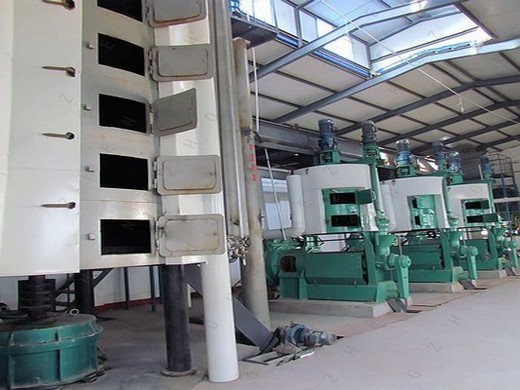
China vs. America Foreign Affairs
In this view, the magic cocktail of globalization, market-based consumerism, and integration into the rule-based international order will eventually lead China to become democratic at home and to develop into what former U.S. Deputy Secretary of State Robert Zoellick once described as “a responsible stakeholder” abroad.
GET PRICE
Pacific Council on International Policy
A Rapid Response Dialogue designed exclusively for our Corporate Members, featuring Charles Chen discussing re-opening the economy in China and East Asia.
GET PRICE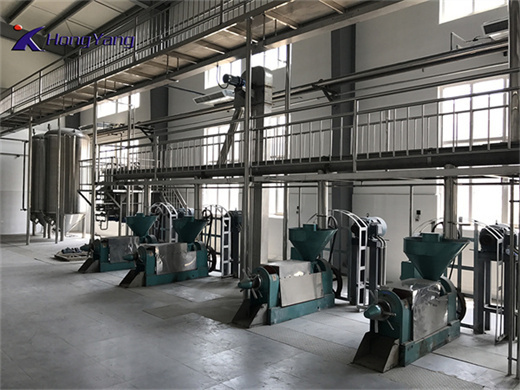
Government Support for the Democratic Aspirations
What is going on in Venezuela? Slide towards Dictatorship: On January 10, 2024, Nicolás Maduro illegally assumed the presidency of Venezuela, despite the lack of free and fair elections. As he has done for years to retain power, Maduro arbitrarily jails or bans prominent political leaders and uses the distribution of food as a tool []
GET PRICE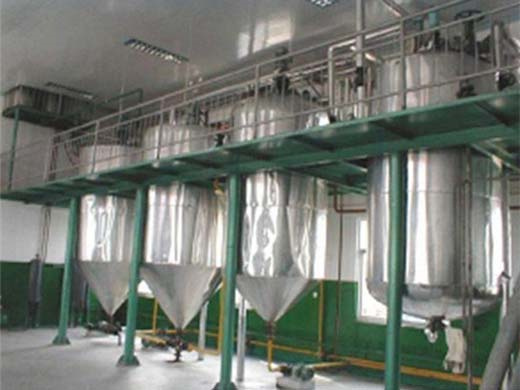
Venezuela's worsening economic crisis the Guardian
Chávez build his popularity on oil money and foreign debt, using both to fund consumption, while nationalising more than 1,200 private companies deemed not to be functioning in the public
GET PRICE
Venezuela Foreign Affairs
Venezuela was once one of South America's most thriving countries. Recent political and economic unrest has caused a migration and humanitarian crisis due to food shortages, lack of medicine, increase of crime, and an unstable government. Many blame the bad leadership and economic policies of Hugo Chávez and his successor, Nicolás Maduro, as well as Cuban influence the leaders have brought
GET PRICE
The Economy Of Venezuela WorldAtlas
The economy of Venezuela is mainly based on petroleum exploitation and manufacturing. Petroleum alone makes up more than 50% of the country’s total GDP. The most common products from the manufacturing sector include aluminum, cement, steel, electronics, automobiles, and food and drinks. Agriculture, which is 3% of the economy, focuses on cultivation of rice, corn germ, fruit, beef, and pork.
GET PRICE
Which economies are most heavily reliant on oil? World
Countries where fuel accounts for more than 90% of total exports include Algeria, Azerbaijan, Brunei Darussalam, Iraq, Kuwait, Libya, Sudan and Venezuela. Image: Bruegel For an idea of which economies rely most heavily on oil, this chart using 2012 World Bank data shows oil revenue as a
GET PRICE
Carnegie Council for Ethics in International Affairs
If global interconnections begin to fray in the wake of the COVID-19 pandemic, what happens to the ethical underpinnings of international relations? Senior Fellow Nikolas Gvosdev and Carnegie Council President Joel Rosenthal discuss this important question and much more as solidarity begins to weaken among European Union and NATO states.
GET PRICE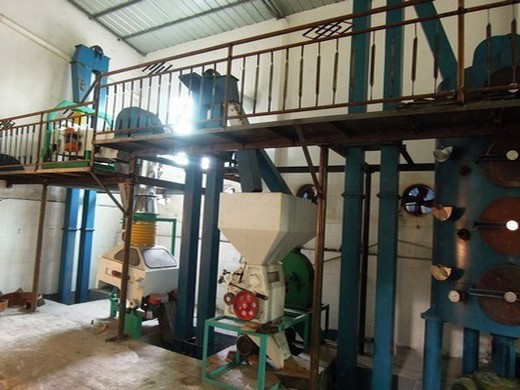
Could default be good for Venezuela?
Shannon O'Neil from the Council on Foreign Relations talks about a possible default in Venezuela and tumbling oil prices.
GET PRICE
Australia and sanctions DFAT
As of 1 January 2024, DFAT will establish the Australian Sanctions Office. As part of this establishment, we will be rolling out changes to the website and our online sanctions permit platform in early 2024. We will keep you informed on the website as we make these changes.
GET PRICE
European Union Restrictive measures (sanctions) in force
Service for Foreign Policy Instruments EU restrictive measures in force (updated 7.7.2024) 1/114 European Union Restrictive measures (sanctions) in force (Regulations based on Article 215 TFEU and Decisions adopted in the framework of the Common Foreign and Security Policy) This list has been updated on 7.7.2024 (previous update: 20.4.2024) Related links: Sanctions Overview Financial
GET PRICE




